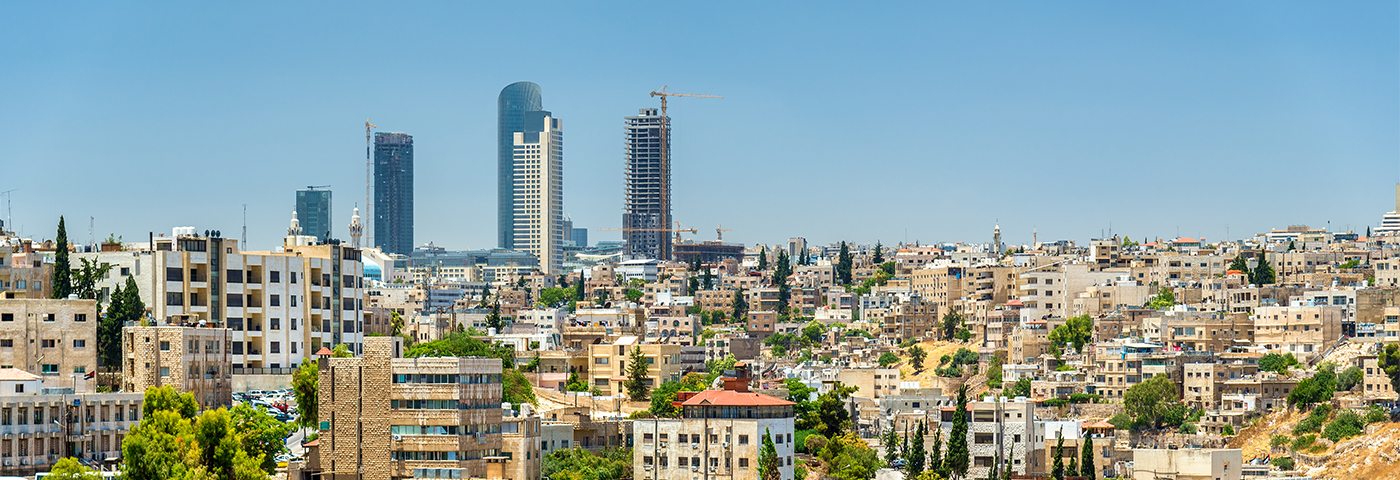About six months ago my plans to write about a press trip to Jordan were disrupted by the Brexit vote, and I had to write about that instead. Today, my plans to write have been defined by the two attacks in Jordan and Berlin. I have visited both these places for work this year. Yet my kneejerk response to the two tragedies was different. I have to acknowledge that the Jordan attack made me initially – and utterly unfairly – question promoting tourism to the country. The Berlin attack did not do this, any more than a visit to Paris this summer as a tourist was altered by the attacks there.
If I, as someone who lives and works to promote responsible and sustainable tourism can find himself involuntarily responding in this disproportionate way, how will most of those not lucky enough to have had the incredible experiences I had in Jordan, or to work with people from all across the world, respond? Fear and prejudice and misconception are never that far away. And what therefore can be done – what can I do, and what role does the tourism industry have, in providing truth and balance, and in fostering peace and understanding?
I was in pre-Trump New York this summer, buying a Hilary Clinton mug for my wife as an ironic souvenir. I was in Barcelona a couple of weeks ago, where the locals have resisted tourism to such a degree that there is graffiti scrawling ‘tourists go home’. I took photographs of Gaudi exteriors and the rubbish piled up in the airport due to the ongoing strike. And I live in London and continue to fail (and refuse) to come to terms with our Brexit vote and how large swathes of the country I have loved as home for 43 years see the world very differently from me.
Every day I work to communicate tourism’s benefits and challenges. And if this year’s travels and travails have taught me one thing, is that this communication can not just mean talk of solar powered infinity pools, 3% reductions in per capita emissions (set against 5% overall growth), and chances to experience authentic dances and eat local food. 2016 has been a stinker. The signs are that 2017 will not be any better, and may well be worse.
If tourism continues to pump out a fictionalised idyll of escape from the real world, while doing the minimum to engage with the truths of lives as they are really lived – of the cleaner’s hours when her shift has ended – then this ever increasing truth-gap will only serve to anger more people, and to increase the probability that tourists will be attacked. As Der Spiegel wrote this summer in an article on tourism and terrorism, “It undermines our self-image as travelers; we want to be smiled at and greeted as friends. This illusion is currently being destroyed.”
What will replace this illusion? The world needs new stories that will give hope in darkening times. We cannot position our industry as a sunny escape from the truth any more. We have to work to deliver new stories, better understanding of one another’s cultures, narrowing gaps between rich and poor. We have to become a window to the many truths of the world, truths that show it what it was, how it is, and where it can go. Tourism is a privilege; and the real privilege is to know the truth, not to hide from it.


